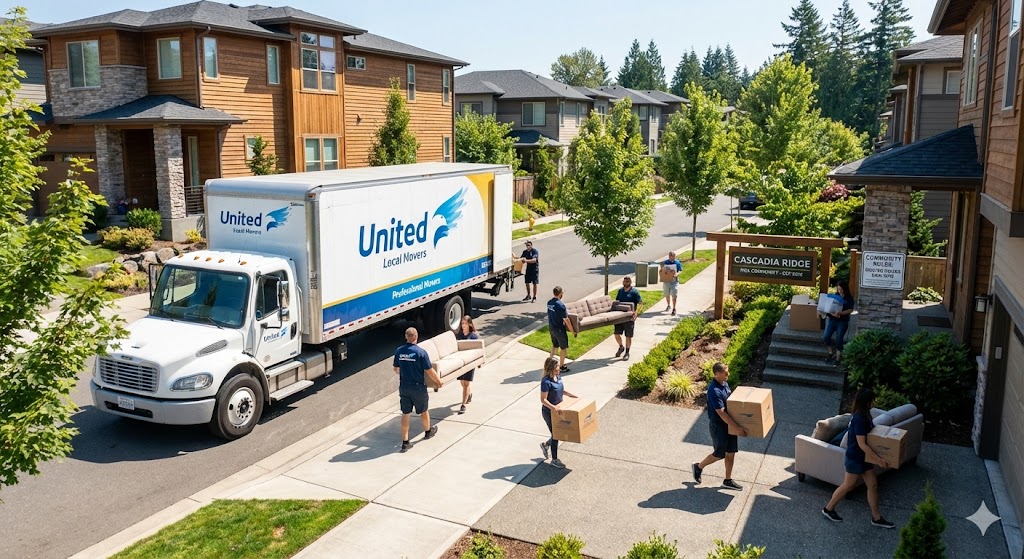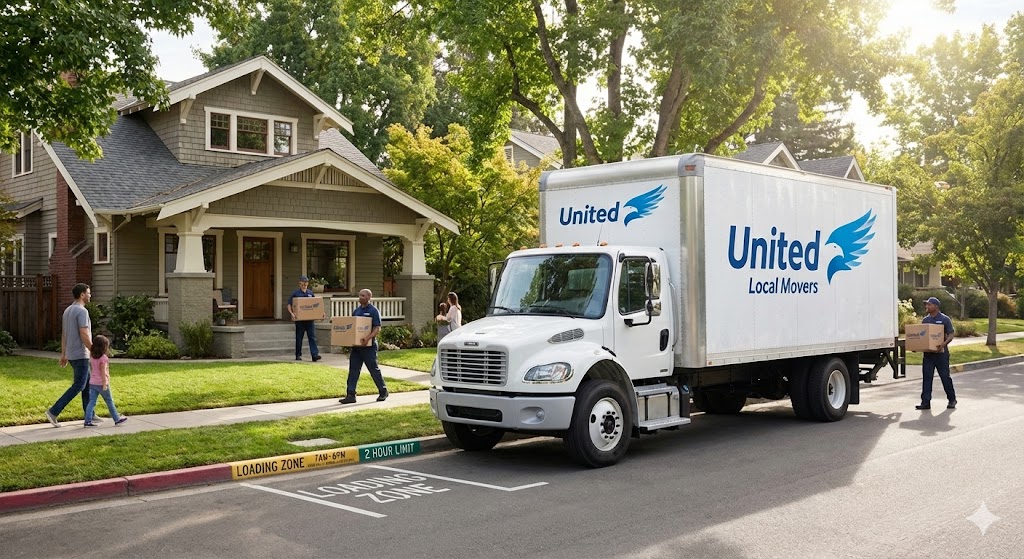When most people think about moving, they picture packing boxes, labeling bins, and scheduling movers. But there’s another part of the process that often gets overlooked — what to do with stuff you *can’t* just throw in the truck.
We’re talking about hazardous materials — things like old paint cans, cleaning products, batteries, or even gas tanks. These items might seem harmless, but they can be dangerous to transport and illegal to move across state lines. Knowing how to safely dispose of them isn’t just good practice — it’s essential for a smooth, responsible relocation.
At United Local Movers, we care about your safety and the environment. That’s why we want to help you understand what counts as hazardous waste and how to get rid of it the right way before moving day.
What Actually Counts As Hazardous Waste?
Hazardous waste includes anything that could pose a risk to health, property, or the environment. In everyday homes, these items are often hiding in the garage, basement, or under the sink.
Common examples include:
- Old paint, varnish, and wood stains
- Motors oils, antifreeze, and car fluids
- Fertilizers, pesticides, and weed killers
- Cleaners containing bleach or ammonia
- Propane tanks and gas cylinders
- Batteries (especially automotive ones)
- Aerosol sprays and fire extinguishers
These items can’t legally go on a moving truck — and for good reason. They’re either flammable, toxic, corrosive, or reactive. Federal laws restrict their transport to keep everyone safe.
How to Get Rid of Hazardous Items the Right Way
1. Know What You Can’t Take With You
Start by going through your home and making a list of any potentially hazardous items. Keep them separate from your packed stuff — better safe than sorry. Don’t try to sneak them into the moving truck; it could delay your move or put others at risk.
2. Find Your Local Disposal Center
Most cities have special facilities called Household Hazardous Waste (HHW) drop-off locations. Some even offer free collection days. You can find one near you by checking your city’s sanitation department website or calling local recycling centers.
Some stores — like auto shops or hardware stores — also accept certain materials, such as used motor oil, paint, or batteries.
3. Store and Transport Safely
If you’re taking these items yourself, keep them in their original containers with labels intact. Make sure lids are sealed tightly and store them upright in a sturdy box. Avoid mixing different chemicals, and don’t place them near food or personal items.
If you’re driving, keep windows open for ventilation and never leave hazardous materials unattended in your car.
4. Never Throw Them Away or Pour Them Down the Drain
It might seem easy, but dumping chemicals down the drain or tossing them in the trash is not only illegal in many places — it’s also harmful to the environment and dangerous for sanitation workers. Always use approved disposal methods.
Still Got Usable Stuff? Give It a New Life
If you’ve got partially used or unopened products that are still safe to use, consider passing them along instead of throwing them out:
- Donate to neighbors, friends, or local community groups
- Post on Freecycle, Nextdoor, or Facebook Marketplace
- Check if the store accepts returns or exchanges for unused goods
How United Local Movers Supports a Safer Move
At United Local Movers, we believe in helping our customers move responsibly. That’s why we provide every client with a clear list of prohibited items and tips on how to handle hazardous waste safely.
We follow all federal and state regulations to ensure your move is not only smooth but secure for everyone involved — including our team and the planet.
If you’re ever unsure whether something can be moved, just ask. We’re always happy to help you figure out the best solution.
Final Thoughts: Be Smart About What You Leave Behind
Getting rid of hazardous waste might not be the most exciting part of moving, but it’s one of the most important. Doing it right keeps you compliant, protects the environment, and ensures a safer experience for everyone involved.
Let United Local Movers help you make your next move clean, safe, and stress-free — from start to finish.



